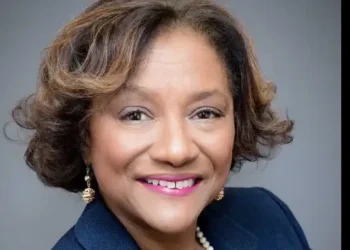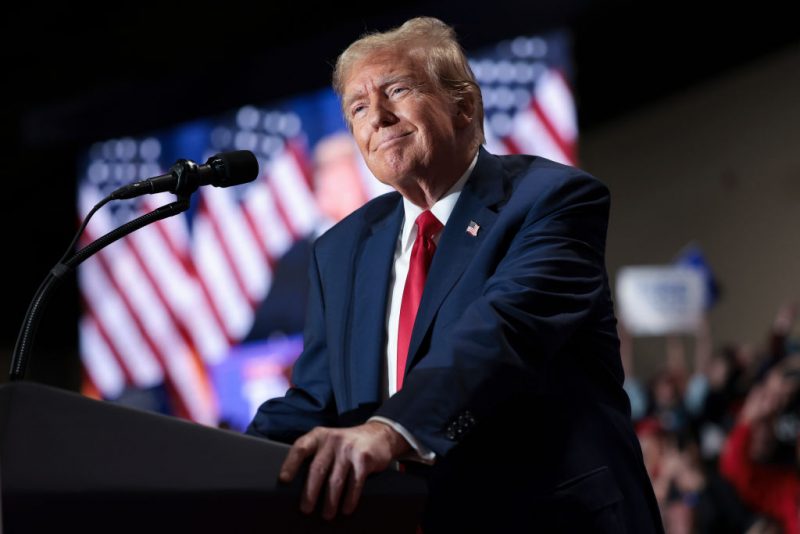Vice President Kamala Harris has reportedly raised as much as $1 billion since assuming leadership of the Democratic ticket, with a significant portion funding major ad campaigns. Despite this massive financial effort, the race remains tight, and her messaging strategies have faced widespread criticism, leaving many questioning whether the investment is yielding results.
After President Joe Biden withdrew from the race in late July, Harris’s campaign quickly raised over $200 million by the end of that month and surpassed $500 million by August. The campaign has continued to spend heavily, particularly on media buys, shelling out $136.6 million on advertising between Biden’s withdrawal and the end of August. By mid-September, Harris’s campaign reported having more than $400 million in cash on hand. In comparison, the Trump campaign raised $130 million in August and had $295 million available at the same time.
Despite Harris’s campaign outspending Trump on advertising—by nearly a quarter of a billion dollars—polls suggest Trump is still the favorite. According to Polymarket, Trump holds a 59.5% chance of winning, and RealClearPolitics predicts he will capture 302 electoral votes, even though Harris has a narrow 1.7% lead in their polling averages.
So, why hasn’t Harris’s financial advantage translated into a more decisive lead? According to the Trump campaign, the issue lies in her messaging. In a memo, senior Trump campaign advisors Susie Wiles, Chris LaCivita, and pollster Tony Fabrizio pointed to Harris’s failure to present herself as a “change agent,” noting that voters don’t believe she will be more effective than Biden on key issues like the economy, inflation, immigration, and crime. “Given the vast amount of money her campaign has spent… how is it possible that she’s gone backward in our internal and public polling?” they asked. The memo concludes that voters feel Trump will do a better job on these pressing concerns.
Harris has struggled to distance herself from Biden’s presidency. When asked what she might have done differently during his tenure, she notably replied that “not a thing comes to mind,” exacerbating concerns about her lack of distinct leadership.
A recent pro-Harris ad has also garnered ridicule for its portrayal of masculinity. Though not directly tied to her campaign, the ad’s message aligns with the female-centric narrative Harris’s campaign has pushed. The ad, which features men in stereotypically masculine settings—like garages and ranches—mockingly asserts their toughness, with lines like “I ain’t afraid of bears” and “I eat carburetors for breakfast.” The men then declare their support for Harris and boast of being “man enough” to show emotion or support a woman for president. Critics widely panned the ad, with some seeing it as a failure to connect with male voters.
Rep. Marjorie Taylor Greene, R-Ga., was particularly scathing, tweeting, “Kamala’s ‘men’ aren’t real men… They will get you pregnant, abandon you, and tell you to abort your baby. REAL MEN take care of and protect women and children.”
Harris’s team faces an uphill battle in shifting the race in her favor despite her overwhelming fundraising success.
 Telegram is where we really talk. Don't miss out!
Telegram is where we really talk. Don't miss out!








